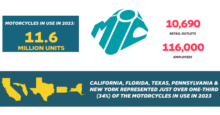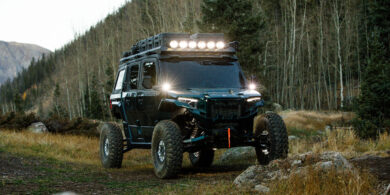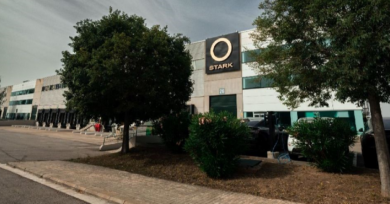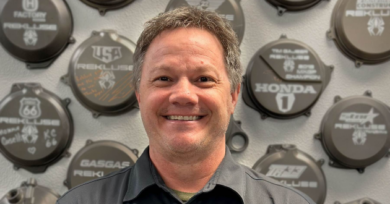By design, be a better opener to avoid closing issues
You see a girl from across the room. She’s pretty, and you want to talk to her. Better go over there and jump right into a conversation about what you’re “after,” prepared for objections and equipped with closing lines. That’ll do it.
You’re headed into in that interview. You know … that one. The one that you’ve been waiting for years to get a shot at, and finally the call came. Make sure as soon as you sit down that you start telling the person interviewing you why you’re best equipped for the job, prepared with references and experience. I’m sure you’ll get the job.
You’re headed in to see the boss. The deal went south, and he wants someone’s head on a platter. Make sure you go in there ready to preach from the pulpit how it wasn’t your fault, and someone in the “other guy’s division” should take the rap.
I think that we’ve all seen varying examples of the above-mentioned scenarios throughout business and life. Some guys are amazing at picking up women, some women always land the job, and some of our best friends have rolled us under the bus when their careers were threatened. But aren’t there at least two people in these scenarios, and isn’t it more than a date, a resume and a blame game? In all of these scenarios, isn’t it imperative that you “fit” with the other person at the table if you are to come away successful?
There’s a great story about a group of American auto workers who went to Japan to check out how the Japanese could make their assembly lines so much more efficient than their American counterparts. Once there, the Americans found that positions once thought quite important in the U.S. factories simply didn’t exist. One position was that of the “rubber mallet guy.” As the cars in America rolled through the line, there was someone ready with a rubber mallet to tap all the way around the doors. This ensured a proper fit of the door, and was a full-time job for that employee. The Japanese had no such position anywhere on the line.
Finally one of the Americans asked, “At what point to you ensure that the doors fit properly?” Somewhat embarrassed at the question, the Japanese employee responded, “When we design the car.”
This story is such a great metaphor for the powersports industry. I am constantly amazed at how many books are written on closing lines, word tracks and other stuff to say on the back end of a sale. What about the front end of the sale? Do you really need someone else’s word track to get a date? Do closing lines really work if you’re trying to build repeat, loyal customers? When will dealers realize that it’s not how the employee saved the sale, it’s how the employee never had to?
Taking the automotive story further, think about the structural integrity of the car where the doors fit by design, and where a rubber mallet is not needed. Conversely, how structurally sound is the car where all four doors and the hatchback have been banged on intermittently with a mallet?
Now think about a sale with one of your customers that starts off on the right foot as opposed to having to come up with discounts, closing lines and other concessions to put it together. Which deal is stronger? Which customer do you think is more loyal?
Traditionally, dealers have roughly 5 percent of all door swings hitting the traffic log. So for every 100 people that the swing counter picked up, five of them made the log. And of those that made the log (assuming ALL customers are being counted), 10 percent of that number ended up in taillights down the road.
So for every 10 that hit the log, we sell one unit. But what about the other 95 percent that never made the log?! Even if half of that count is skewed (staff pushing bikes, swing counter error, etc.), that’s still a ridiculous amount that never had a chance to become a deal. Not because the employees’ closing skills were not up to par, but because of their opening skills.
If you look at how many times you need a good “closer” on the scene, why not also look at how many deals never made it to a place where a closer could get involved?
To get the job, you need to be in a position to get the interview. To get the date, she needs to think enough of you to allow the conversation to go further. There is so much business right there in your store. You don’t need fancy advertising or fancy words to capture it. You just need a willingness to engage people about themselves, not about what they may want to buy.
Dealers who will continue to thrive are those who understand that it’s about acquiring a customer, not pushing product.
I get hit often with, “What’s your best closing line?” Well here’s my answer … and it’s the best in the industry: Be a better opener.
Sam Dantzler is the founder of Sam’s Powersports Garage, a membership website dedicated to best practices and all-staff training. He can be reached at sam@samspowersportsgarage.com.








